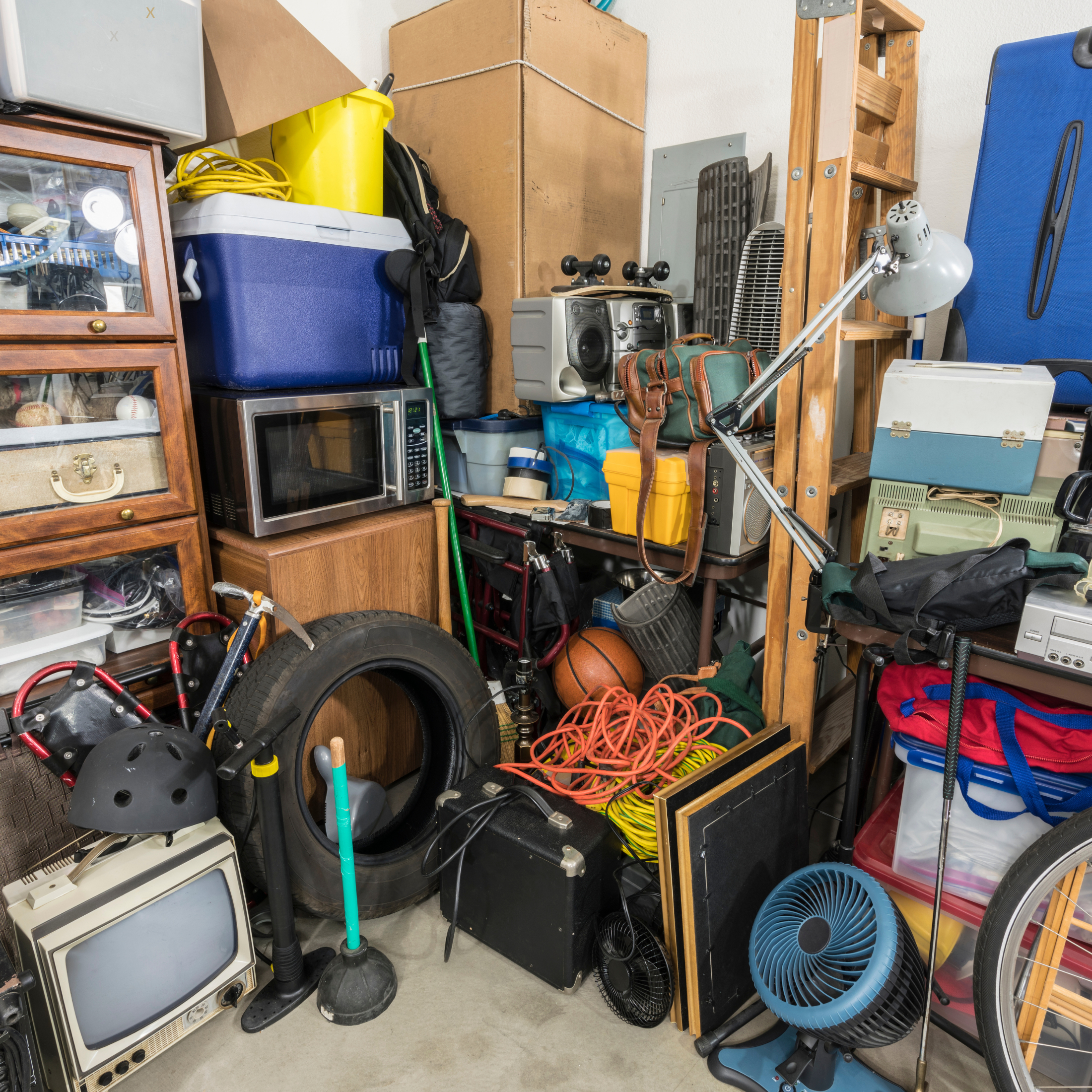Winter is prime travel season. Snowbirds head south, families escape for a mid-winter break, and some people simply need a week...
How to Keep Your Home Safe While You’re Travelling This Winter


Winter is prime travel season. Snowbirds head south, families escape for a mid-winter break, and some people simply need a week...

Ice dams are one of the most common winter home problems in Winnipeg, and also one of the most misunderstood. They often show up...

Winnipeg has a special talent for reminding us that our homes are only as comfortable as the equipment keeping them that way. Every...

When you’re buying a home in Winnipeg, the possession date looks innocent enough—just a tidy little number on page two of your...

Selling your home in the winter isn’t as strange as it sounds. People do it all the time here in Winnipeg — mostly because life...

Selling a home in Winnipeg is not just a transaction. It is a strategy. A game. A chance to walk away with more cash than you ever...

When buying or selling a home in Manitoba, one of the issues that often comes up during inspections and insurance discussions is...

In Winnipeg, where winters can feel endless, the idea of a warm, inviting fireplace holds serious appeal. Many buyers I work with...

We all have that one friend or cousin who says, “Hey, I’m a Realtor now! When you’re ready to buy or sell, call me!” And let’s...

Selling a home is never just about square footage, property values, or market conditions. For many people in Winnipeg, it’s about...
